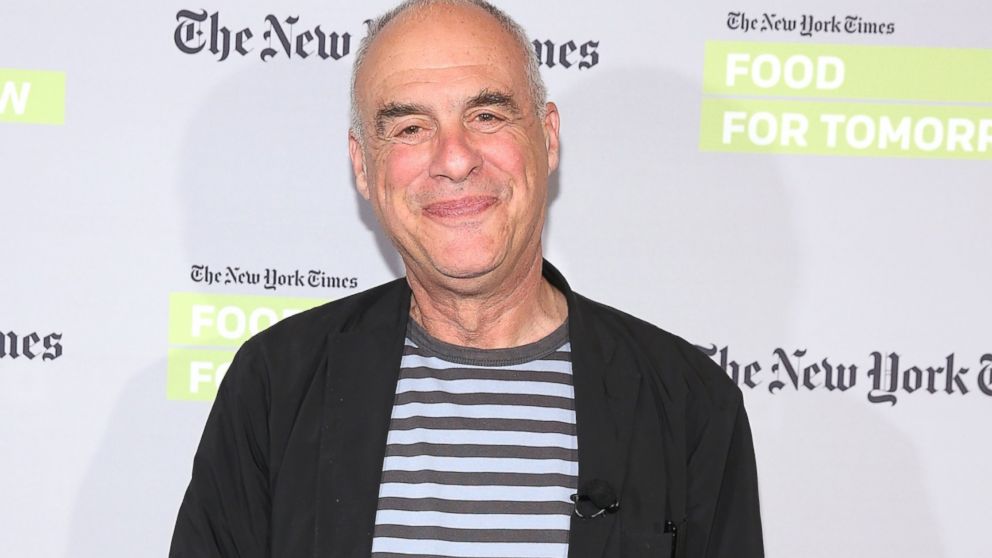Why 'California Matters,' According to Food Writer Mark Bittman
Bittman launched a video series focused on food-related research in California.

— -- Size wise, California represents just 4.3 percent of our nation. Yet a whopping 14.7 percent of our agricultural food supply comes from the Golden State.
With that in mind, New York Times columnist, cookbook author and food writer Mark Bittman saw a lot to explore out West. After relocating to Berkeley, Bittman teamed up with the University of California and Berkeley Food Institute to launch “California Matters,” a video series focused on food-related research happening around the state.
The first installment, up now, focuses on foraging weeds that grow across the state -- even in city sidewalks -- and using them as not only a viable food source, but also a delicious one. Episodes to come vary from more serious topics such as labor justice issues for restaurant workers to a more lighthearted exploration of the history of Chinese-American cooking.
We caught up with Bittman about what to expect from the show and why, really, California matters on a national scale.
How did the series come about? As a New Yorker, how did you get involved?
I moved to California. I was a transplant and therefore I was ultra-curious. Not that Californians aren’t curious about their own state, but I really was an outsider and I kind of enjoyed that role.
We wanted to look at a few things in California to see what academics are doing that’s of interest to the rest of us and to try to explain those things in ways that people can understand, because I think academics have a problem getting word out about their work because they’re so academic.
I’m a good interpreter, so that was my idea to go see what these people are doing and talk about it. We covered the gamut from lighthearted or not horribly serious to stuff that was pretty sober. We were in beautiful locations with interesting people with a lot of different types doing a lot of different work like urban foraging and labor issues and immigrant issues and Chinese cooking, so really all over the map in a fun way.
How did you pick the topics?
The people at the Berkeley Food Institute really know everybody that’s working on anything food related in the university system and a lot about what’s going on statewide. They really know a lot so we were able to come up with way more than we can handle and we cherry picked. We did a spreadsheet, so I said I’d like to find people who want to talk about these certain things, but also let’s try to find out what people are doing that’s interesting that we want to talk about.
I interviewed everyone individually to see how they would be on TV. People can be doing interesting work, but they can be terrible interviews. I’m not a professional producer – I probably made some mistakes – but I think I picked people whose worked I liked and would be interesting on camera and I think that shows.
Why should people who don’t live there care about what’s going on in California?
Because half of their food comes from there. It’s an easy answer and it’s true. Fifty percent of the U.S.’ fruits and vegetables comes from California. One-fifth, nearly one-fourth, of the dairy comes from California. What happens in California has an impact on what happens in the rest of the country way more than any other state, except maybe Iowa. California can really lead the way to great things. Not all great things happen there, but when movement happens, progressive movement happens, it tends to affect the rest of the country in a good way.
Why are you using California as your lens for this series?
I don’t think you could have done it in any other state. I think you can do a different show in any other state, but you could not get the breadth of the kinds of things that are happening in food anywhere else. California is more than 10 percent of the country’s population and it’s by far the biggest agriculture state. You could do a show on things in Massachusetts or Texas, but they’d be different and they wouldn’t have the variety. They’re both beautiful states in their own rights, but they are not California.



